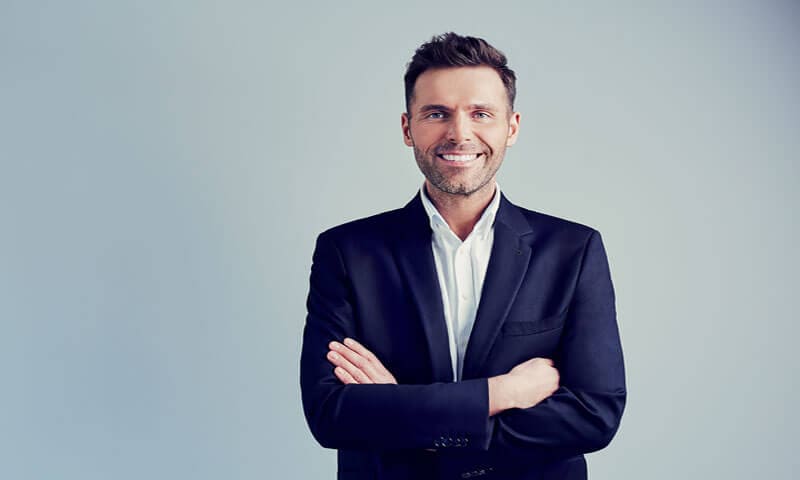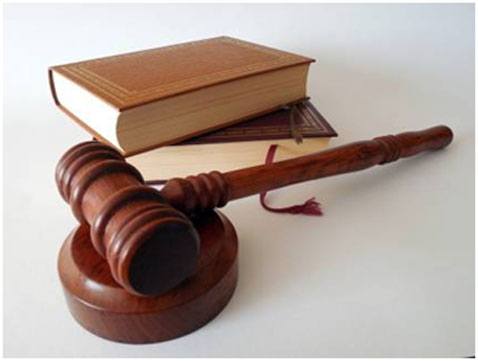
In short, the facts are that two former law enforcement officers of Florida who also shared a lesbian partnership decided to have a child and raise the child as his/her parents. One partner decided to donate an egg that was implanted in the other partner after being fertilized in a laboratory. Nine years into their relationship, in 2004, the baby, a daughter, was born.
However, the couple separated two years ago and the birth-mother took the child and left Brevard County without informing the other partner. The other partner who donated the egg calls herself the biological mother and she tracked down the birth-mother with the child in Australia by employing a private detective agency. Fight over custody of the girl (now eight years old) went to court.
The trial court ruled for the birth mother citing that according to Florida law a sperm or egg donor relinquishes all rights over the offspring, but, the court added in the judgment, the judge hoped the decision would be overturned.
The 5th District Court of Appeal overturned the decision holding the relinquishment of rights did not apply to a case where the donor clearly intended to act as a parent of the offspring together with the recipient of the sperm or egg. The court held both women were entitled to be parents of the child.
However, dissenting Judge C. Alan Lawson supported the judgment of the trial court and wrote that the court should not recognize the same child having two mothers “unless we are also willing to invalidate laws prohibiting same-sex marriage, bigamy, polygamy or adult incestuous relationships on the same basis.” He also added that allowing people to plead intent could allow any donor to “make an after-the-fact claim” for parental rights.
However, the dissenting judge agreed with other judges that the Legislature needs to pass a new law on the science of human reproduction in step with the current age and times.
Besides the obvious issues, related issues include constitutional questions about the rights of people to have same-sex marriage, raise children as a couple and claim equal protection under the law as regular families are related to the case.
The lawsuit is now before the state Supreme Court and closely followed by activists from all angles.






































